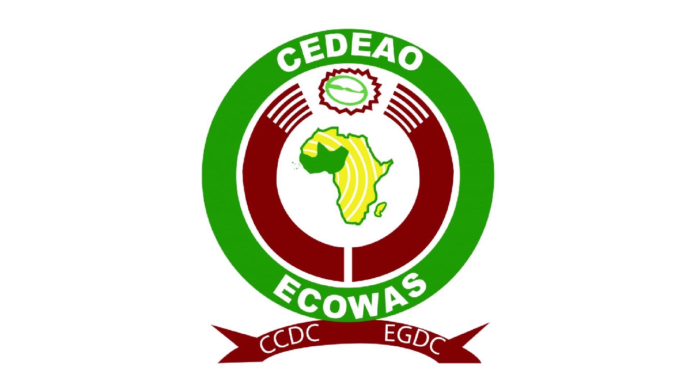The Economic Community of West African States (ECOWAS) has restarted efforts to finalise its long-pending Regional Blue Economy Strategy, beginning with a high-level consultative workshop held on Monday in Abuja.
The workshop gathered key representatives from ECOWAS member states, regional economic bodies, and continental institutions to review and validate the draft strategy, which has been inactive since its initial development in 2022.
The blue economy—covering marine resources, aquaculture, maritime transport, ocean conservation, and climate adaptation—is regarded as essential for sustainable growth across West Africa.
The initial draft was created under the Programme for Improved Regional Fisheries Governance in Western Africa, but had since stalled due to administrative delays.
The Programme Officer for Fishery Development and Focal Person for Blue Economy at ECOWAS, Djiga Thiao, delivered remarks on behalf of the outgoing Director of Agriculture and Rural Development, Alain Traoré.
Thiao warmly welcomed participants to Abuja and underscored the strategic importance of regional cooperation on marine resource management.
He highlighted the interconnected nature of marine sectors and the need for policy alignment.
“You know that the marine resources and the water resources are the crossroads of many sectors—fisheries, aquaculture, shipping—also in the context of climate change and sustainable livelihood that we need to get from these resources. So we need to have harmonised policies and guiding policies to get the best benefit from these resources.
“That’s why we need a blue economy strategy. It is highly important for ECOWAS to have a regional one.”
He acknowledged the historical gap in progress.
“I should remind you that we had a draft since 2022 that was pending. I think that was during the PESCAO project. And unfortunately, after the PESCAO project, this draft was staying just like it is so far.”
Despite the delay, Thiao emphasised that the strategy remains a top priority within the ECOWAS Commission.
“The Commissioner said she wanted this blue economy strategy to be one of ECOWAS’ biggest legacies. Unfortunately, she is leaving us tomorrow and as well as the director.
“But like the French people say, les personnes partent, les institutions demeurent. So this blue economy will still be a big priority for the new director and Commissioner who are coming. And that’s why we are fully committed to making this process of review and validation very successful.”
He stressed the shared responsibility among stakeholders.
“This work we are doing, if we get success, it will be our success together. But if we fail, we will fail together. So, you delegate from the member state and on our side from ECOWAS, we have the duty to work closely with the experts so that we get this blue economy strategy, a draft that will be validated later.”
Thiao thanked the African Union-InterAfrican Bureau for Animal Resources for its swift support.
The Blue Economy Advisor at the African Union Commission, Linda Etta, spoke virtually on behalf of Hassan Nyambe, Director, Sustainable Environment and Blue Economy Division, AUC.
“The African Union Commission is deeply committed to supporting member states and regional economic communities in translating the strategic ambitions into tangible outcomes.
“Initiatives like the ECOWAS regional blue economy strategy are critical to ensuring policy harmonisation, shared best practices, and investment mobilisation across our region,” she said.
A Blue Economy Expert at AU-IBAR, Dr Mohammed Seisay, reinforced the AU’s commitment to national and regional efforts.
“One of the decisions taken was to support AU members and regional economic communities so that they are able to have their own respective blue economy strategy.
“We started with four countries. Then we supported another 11 countries. We have also been supporting regional economic communities,” he noted.
Seisay also highlighted recent support to Burkina Faso. “It was on that basis that we supported Burkina Faso to develop its national blue economy strategy. So this support is timely for that region.”
Participants at the workshop included representatives from AU-IBAR, the AUC, the Fisheries Committee for the West Central Gulf of Guinea, and national delegates from across ECOWAS member states, alongside technical experts working on the strategy’s finalisation.
The PUNCH



